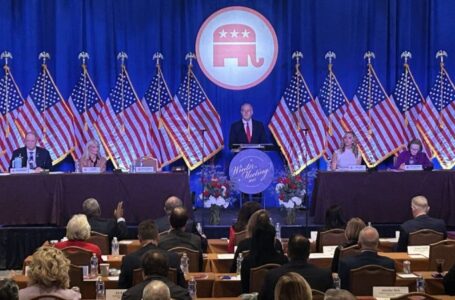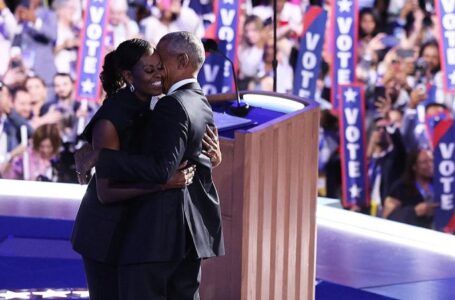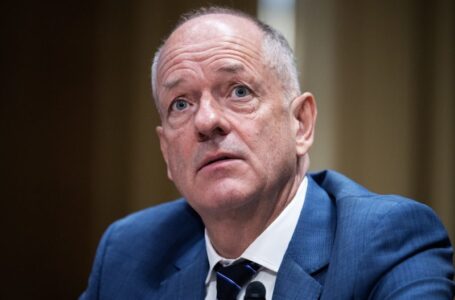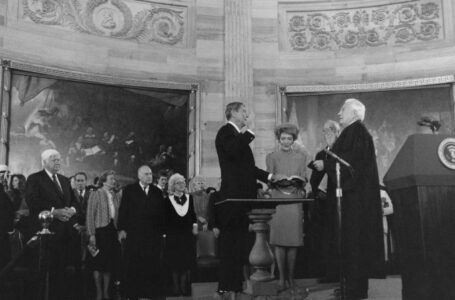Japan’s top general lauds closer South Korea military ties as mutual concerns grow over China, North Korea
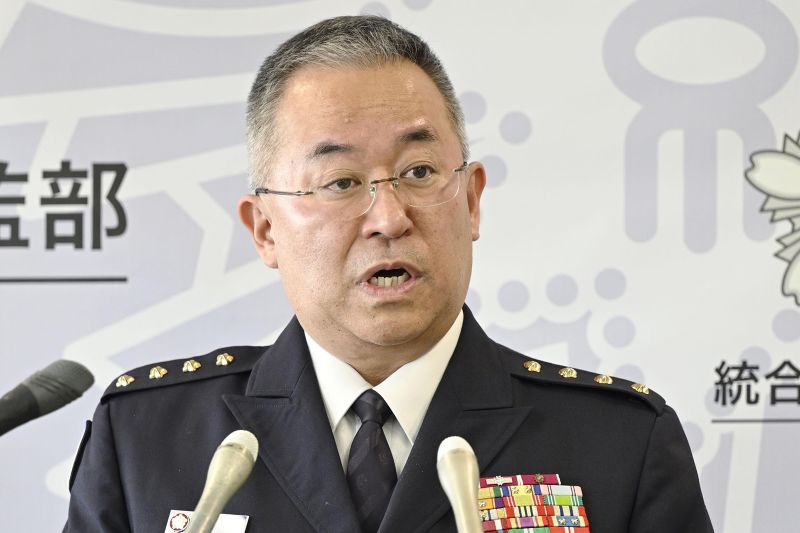

America’s two most powerful allies in the Pacific are taking their defense ties to new heights amid increasing concerns over China’s assertiveness in the region and North Korean threats, Japan’s top general said Thursday.
Before a trilateral meeting with US Chairman of the Joint Chiefs Gen. CQ Brown and South Korean Adm. Kim Myung-soo, Japanese Gen. Yoshihide Yoshida said China was trying to “change the status quo by force” in the East China and South China seas, while North Korea was carrying out “repeated ballistic missile launches and continuous arms transfers” to Russia.
Yoshida called on Japan, South Korea and the United States to “demonstrate our strong unity domestically and globally to ensure regional peace and stability.”
But bilateral cooperation between Japan and South Korea is the most noteworthy result of this week’s meeting in Tokyo.
On Wednesday, Yoshida met South Korea’s Kim for the first such meeting between the East Asian defense chiefs in six years – a moment a US defense official stressed was significant.
Kim said he and Yoshida “share a lot of the same thoughts,” an acknowledgment of the mutual perspective on the regional threat posed by China and North Korea.
“We developed strong trust between us,” said Yoshida, adding the meeting sets the stage for the Japan-South Korea bilateral “defense cooperation to achieve a new height.”
Regional analyst James Brown said the Japan-South Korea meeting showed just how far the bilateral relationship has come under South Korean President Yoon Suk Yeol, who succeeded Moon Jae-in in 2022.
“The political mood has improved significantly, and now we’re having the defense side of things aligning with that,” said Brown, an associate professor of political science at Temple University in Tokyo.
“The Japanese government’s feeling about this is that this is the relationship they’ve always wanted.”
Japan felt the previous administration in Seoul was “fixated on historical issues” as it “demonized Japan” and tried to improve relations with North Korea, Brown said.
Last month, Japan and South Korea joined the US in the inaugural Freedom Edge in the Pacific, a military exercise that focused on ballistic missile and air defense, anti-submarine warfare and more. The goal of the exercise, which is set to expand in future years, was to allow the militaries to better work together against a common adversary.
For years, historical acrimony between the two East Asian countries prevented high-level meetings and cooperation, with decades of deep mistrust dating back to Japan’s colonial occupation of the Korean Peninsula a century ago. But as the countries faced an increasingly assertive China and threats from North Korea, efforts to cooperate quickly supplanted past animosity, driven in large part by the efforts of US President Joe Biden’s administration.
In March 2023, the two countries promised to resume ties at a fence-mending summit in Tokyo. Four months later, Biden hosted the leaders of Japan and South Korea at Camp David, where they pledged to “inaugurate a new era of trilateral partnership.”
Then last month, US Defense Secretary Lloyd Austin met his Japanese and South Korean counterparts on the sidelines of a security conference in Singapore, where they announced joint military exercises – nearly unthinkable just a few years ago.
The trilateral meeting of the chiefs of defense at the Japanese Defense Ministry on Thursday, held for the first time in Tokyo, underscored the rapidly developing cooperation.
“I expect that the three of us sitting here in Tokyo today will send a message to the regional threats but also more globally on the strength of our relationship, our alliances, and the work that we need to continue to do,” said Gen. Brown, sitting alongside his counterparts at the beginning of the meeting.
The meeting comes on the heels of the NATO summit held last week in Washington, on the 75th anniversary of the alliance. The NATO communique specifically mentioned the importance of the Indo-Pacific, “given that developments in that region directly affect Euro-Atlantic security.”
Leif-Eric Easley, a professor of international studies at Ewha Womans University in Seoul, said there was some sense of urgency behind the rapidly developing cooperation. The East Asian nations, he said, want to triangulate a coordinated response to common adversaries before potential changes in Seoul or Washington could put the relationship in jeopardy.
“Domestic politics remain complicated in Seoul and Tokyo, but policymakers and military professionals want to lock in coordinated responses to North Korea, Russia, and China before any major political changes occur in Washington,” Easley said.

